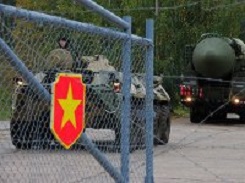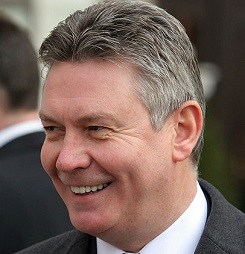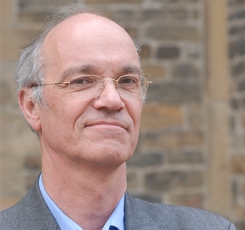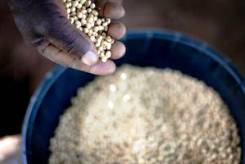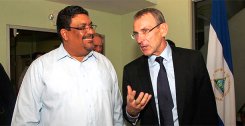By Julio Godoy* | IDN-InDepth NewsAnalysis
BERLIN (IDN) – The U.S. government is unofficially accusing Russia of violating the 1987 Intermediate-range Nuclear Forces (INF) Treaty, by flight testing two-stage ground-based cruise missile RS-26.
Although the U.S. government has not officially commented on the alleged Russian violation of the INF, which prohibits both countries to producing, testing and deploying ballistic and cruise missiles, and land-based missiles of medium (1,000 to 5,500 kilometres) and short (500 to 1,000 kilometres) range, high ranking members of the government in Washington have been leaking information to U.S. media, in a moment of particular tense relations with Moscow.

